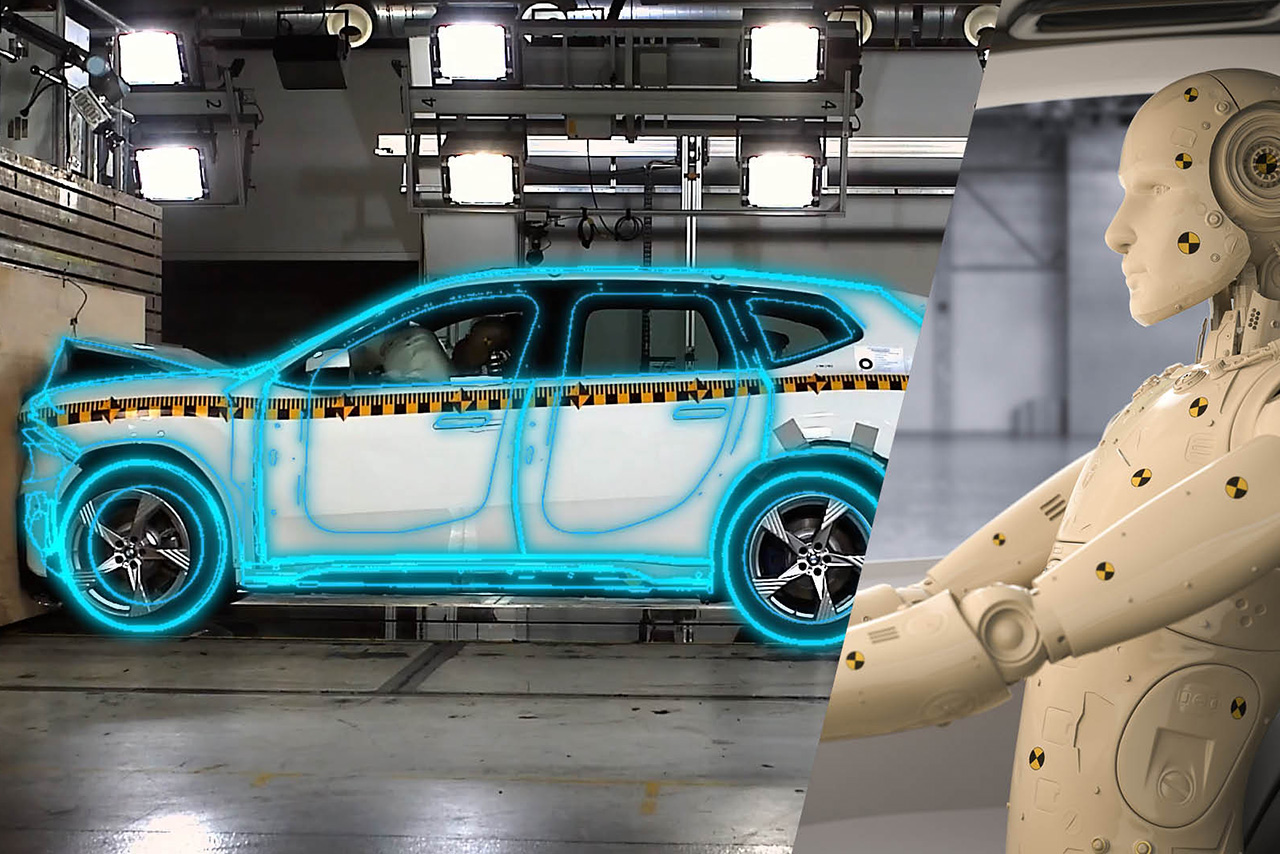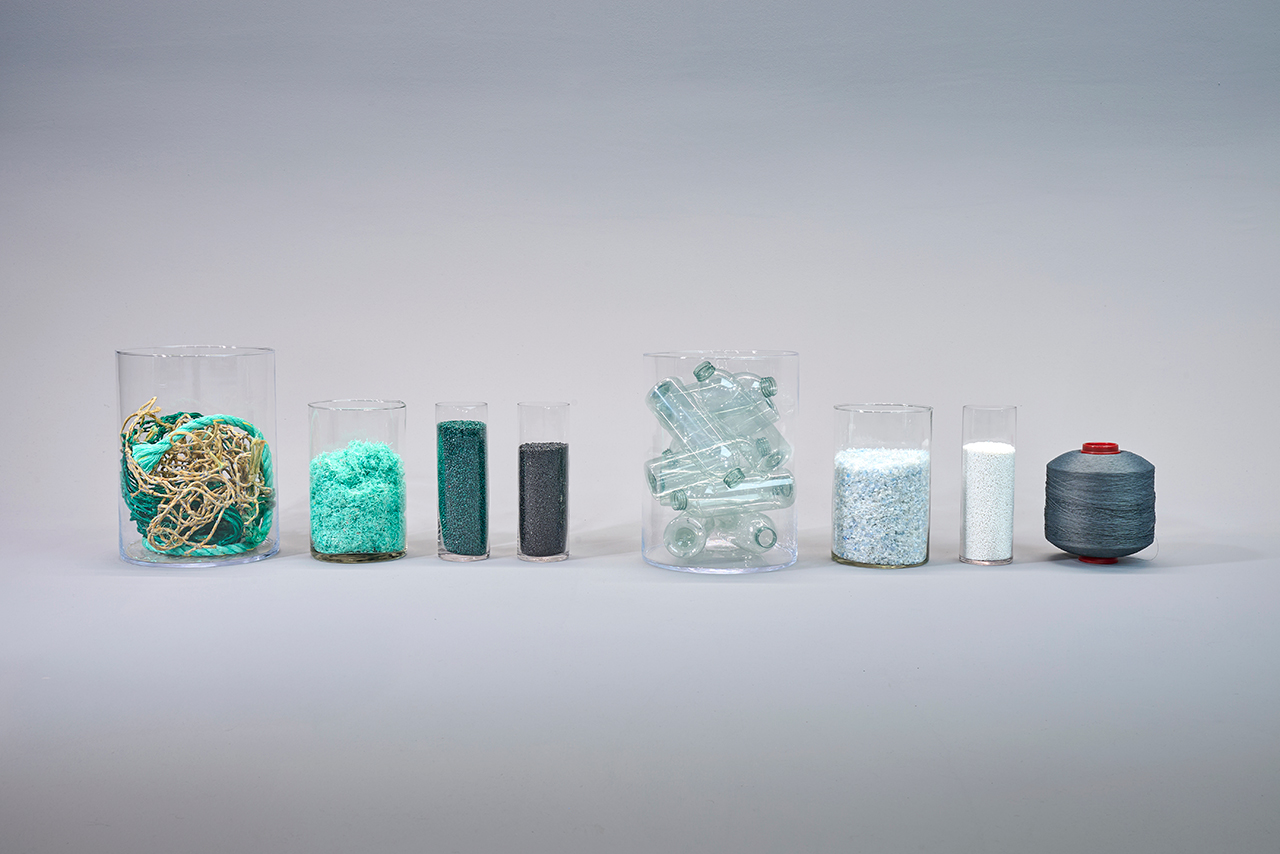More than 1.6 million vehicles produced, over 140 schools supported, sustainability projects and IT expansion – the impressive bottom line of 50 years of BMW Group South Africa.
Plant Rosslyn, founded in 1973, was the first BMW Group plant outside of Germany. Since then, more than 1.6 million vehicles have been produced there. Over the last five decades, BMW Group South Africa has established itself as a blueprint for social, environmental, and economic sustainability, becoming a leader in corporate citizenship and responsibility.
llka Horstmeier, Member of the Board of Management of BMW AG, Human Resources and Real Estate, Labor Director, talks about the commitment of the BMW Group in South Africa: “We see ourselves as a true corporate citizen with our multinational workforce on five continents. However, it is important for us to be involved not just at a global level, but also at a local level.”
The BMW Group has supported more than 140 schools across the country. This support includes providing security measures, food programs, expanding the curriculum, school refurbishments and developing infrastructure. Being active in communities where BMW Group operates is an important part of its sustainability and corporate responsibility strategy: “We have been involved in education projects here for many years. The BMW Group believes that education is the engine that drives the development of our society,” says Horstmeier.
Part of this work also includes supporting schools in Soshanguve, an area where many of the Rosslyn plant’s employees live. Like many schools in South Africa, Ntsha-Peu Primary School has several power cuts a day due to loadshedding and energy insecurity. The PowerUp project, developed by BMW Group employees Sabrina Kolbeck and Jacob Hamar, launched this year to provide the school with a back-up energy supply so learning can go uninterrupted, even when there is a power cut. Six high-voltage batteries from former X3 plug-in hybrid development vehicles were converted into a powerful storage block and now store solar energy generated by a photovoltaic system on the roof. This storage system supplies the school with 36 kW of renewable electricity every day, enough for about 38 computers, 100 light bulbs and a water pump.
To further its commitment to schools and education, the BMW Group has also pledged a donation of 1.5 million euros this year to support a UNICEF program that will help provide science, technology, engineering, and mathematics (STEM) education and skills development to several thousand children and young people in South Africa.
Youth unemployment is one of the biggest challenges facing South Africa, with almost two thirds of young people unemployed. Training and skills development opportunities need to be created to give young people the best chance in finding work. BMW Group South Africa is currently working with the YES program (Youth Employment Services), which aims to provide unemployed young people with high-quality work experience to improve their employment prospects in the future.
Last year saw the opening of the new BMW Group global IT Hub premises, which provides global IT services for the whole company from Pretoria. Employing around 2,000 people, its size and market-specific conditions makes the South African market an ideal place to pilot BMW Group innovations. As a result, direct sales with retail partners began there back in 2020.
Earlier this year, the BMW Group announced its investment of 4.2 billion rand, (over 200 million euros) in the electrification of Plant Rosslyn and its transformation into a BMW iFACTORY. This investment will help make the Plant more environmentally and economically sustainable, and includes training more than 300 employees to expand their skills and prepare them for the transition to electromobility.
Since 2015, part of Plant Rosslyn’s energy supply has been provided by the nearby biogas plant Bio2Watt, in continuing efforts to reduce its carbon footprint. Bio2Watt generates electricity from organic and agricultural waste. Plant Rosslyn is also leading in zero waste to landfill. Through partner organisations, waste generated at the plant is recycled so that no waste ends up in landfill: instead, all surplus materials and components are used elsewhere or recycled. Through the collaboration with Envirolite, polystyrene waste from the Plant is processed into building bricks and over 650 houses have been built using these bricks since the project was launched two years ago.
With the #WeBuildMoreThanJustCars campaign, BMW Group South Africa is committed to corporate responsibility by building a more sustainable future for its people, communities, and the industry. This is the bedrock for us to continue to build our success in South Africa for the next 50 years.















